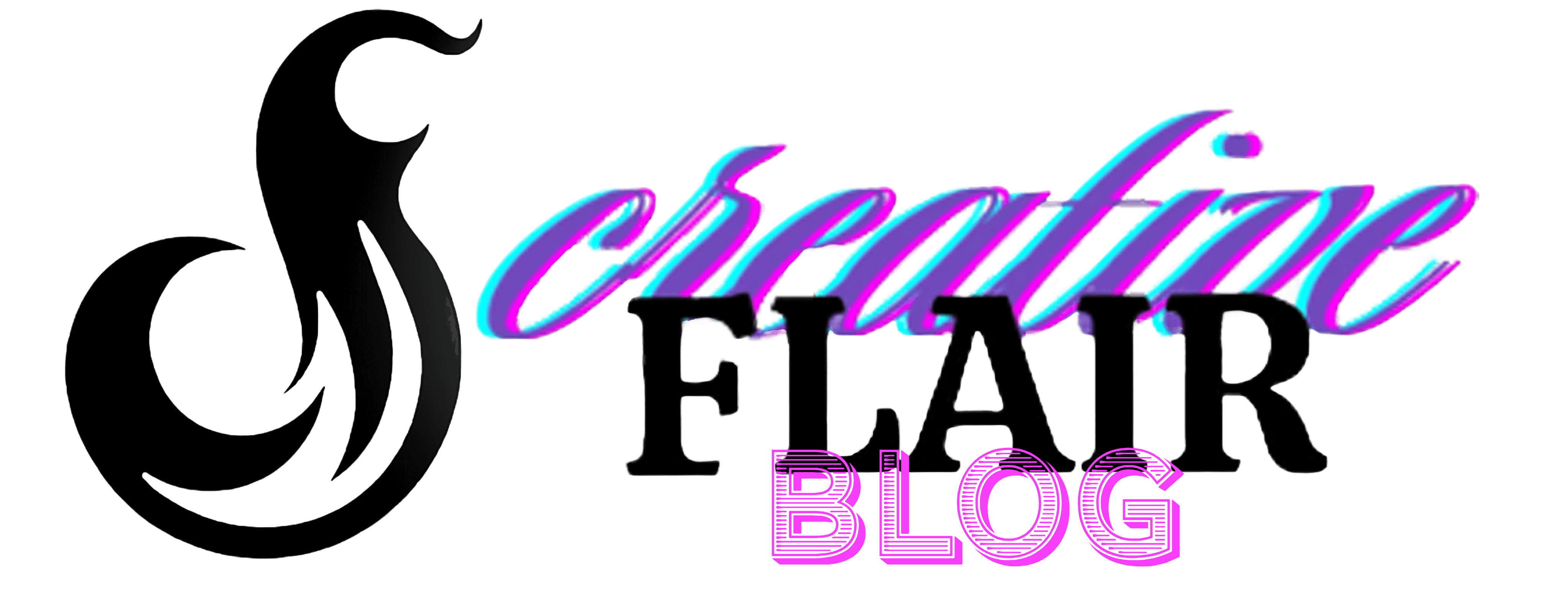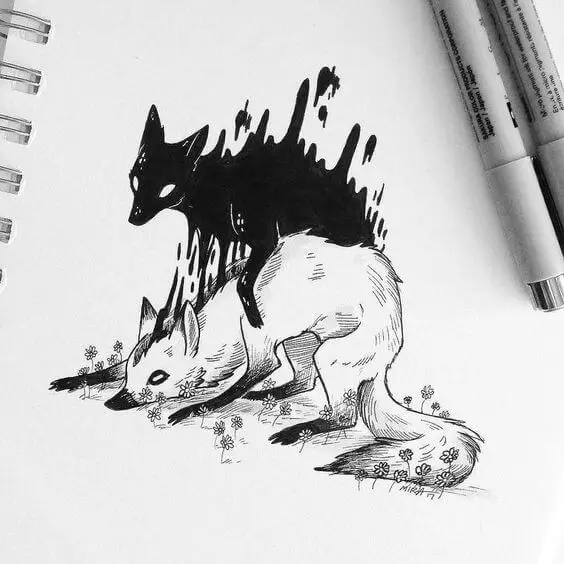Every artist has a flame of creativity burning within them, but there are times when it may flicker, dim, or even feel extinguished. Finding inspiration is crucial when pursuing artistic goals because it serves as a spark for the creative spirit and elevates artistic expression. Here are twelve effective methods to find and foster inspiration, regardless of your artistic or creative background.
1. Spend as much time as possible outdoors
Nature is a never-ending source of inspiration. Long walks through breathtaking scenery are a great way to discover the amazingly detailed patterns, hues, and textures that nature has to offer. Let the peace and splendour of nature awaken your senses and impart its organic essence to your works.
2. Practise Mindful Observation
Take your time and pay attention to your surroundings. Pay attention to the minute particulars that are frequently overlooked. Watch the way that light and shadow interact, the subtleties of how people interact with one another, and the rich tapestry of life. Deep observational moments are times when inspiration can come from the mundane.
3. Surround Yourself with Art
Take in other artists’ creations. Attend art exhibitions, explore museums, and visit galleries. Explore various genres, styles, and art forms. Allow other people’s artistic expressions to inspire you and allow yourself to be moved by them.
4. Develop a Curious Mind
Commit to a lifetime of learning. Read books, learn about various topics, and explore topics that interest you. Allow your thoughts to stray into the realms of knowledge and look for inspiration in unlikely places. Creativity and new doors of imagination are fueled by curiosity.
5. Visit Inspirational Locations
Set out on excursions to new locations, both near and far. Travel broadens your horizons and inspires new ideas by exposing you to various cultures, landscapes, and viewpoints. Immerse yourself in the distinctive smells, hues, sounds, and sensations of foreign places.
6. Look for Conversation and Collaboration
Make contact with other creatives. Participate in discussions, workshops, or group projects. Share concepts, solicit feedback, and benefit from the collective experience of a welcoming artistic community. Working together can result in unforeseen discoveries and inspire brand-new ideas.
7. Embrace Solitude and Introspection
Schedule time specifically for introspection and solitude. Give yourself time to think, to meditate, or to just be in the silence. In these times, as you explore the depths of your own thoughts and feelings, inspiration may strik
8. Experiment with Various Media and Techniques
Step outside of your comfort zone and investigate fresh artistic media and methods. Experimentation opens up pathways to uncharted creative realms. Accept mistakes, embrace the unknown, and let the exploration process lead you to fresh sources of inspiration.
9. Recognise the Power of Music
Music has the power to arouse emotions, take you to other worlds, and spark your imagination. Make playlists or investigate various musical genres that speak to your artistic sensibilities. Let the rhythms and melodies inspire you to create.
10. Find Inspiration in Everyday Life
Look for inspiration in the everyday occurrences. Pay attention to the beauty inherent in straightforward actions, commonplace items, or everyday activities. Investigate the connections, stories, and feelings that make up the fabric of daily life. If we have the eyes to see it, inspiration can frequently be found in the commonplace.
11. Keep Track of Your Inspirations and Ideas
Keep a journal, sketchbook, or digital archive of your inspirations and ideas. Record any inspiration that strikes you or fleeting ideas that occur to you while reading.
the time. When the time is right for creative exploration, this practise enables the preservation and revisitation of those sparks.
12. Adopt a Balance of Play and Discipline
Combine structured discipline with exploratory play. Establish routines, make goals, and designate a space specifically for your artistic pursuits. Allow space, though, for experimentation, playfulness, and spontaneity. Moments of unanticipated inspiration can frequently result from the meeting of structure and freedom.
Finding inspiration requires perseverance, a delicate balance between seeking and giving up, and a dedication to fostering one’s inner creative spirit. Accept the wide range of resources you have at your disposal, both internal and external. Give your surroundings, interactions, and experiences the freedom to influence and energise your creative process. Keep in mind that inspiration is a wellspring that replenishes itself when actively sought after rather than something that can be discovered once and for all. Accept the excitement of learning because the world of inspiration contains the untapped potential of your creative expression.


























